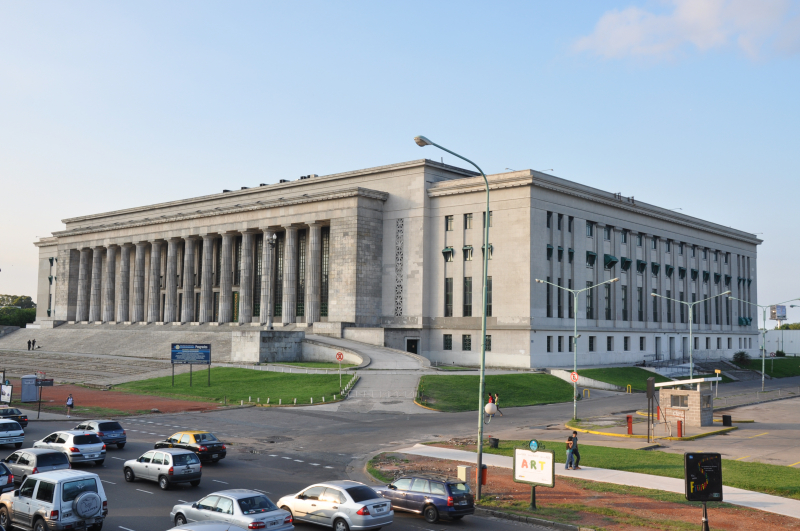University of Buenos Aires
The University of Buenos Aires (UBA) is an Argentine public research university. It is the country's primary institution of higher learning, as well as one of the most prestigious universities in Ibero-America and the world, having been founded in 1821. It has educated 17 Argentine presidents, produced four of the country's five Nobel Laureates, and accounts for over 40% of the country's research output. The UBA is now ranked 66th in the world by QS World University Rankings and at number 1 the best universities in Argentina.
Many international students, particularly at the postgraduate level, are drawn to the university because of its academic prowess and regional leadership. Foreign students make up just over 4% of undergraduates, while 15% of postgraduate students are from other countries. With a 30 percent international postgraduate student population, the Faculty of Economic Sciences lives up to its reputation as a "leading business school with major international influence."
More than 328,000 students attend the University of Buenos Aires, which is divided into 13 faculties. Six hospitals, sixteen museums, thirteen scientific institutes, six interdisciplinary commissions, five high schools, the Ricardo Rojas Cultural Center, the Cosmos Cinema, the University of Buenos Aires Symphony Orchestra, and Eudeba (Editorial Universitaria de Buenos Aires), the country's largest university press, are all under its control.
The University of Buenos Aires offers free undergraduate programs to all students, regardless of country. Postgraduate tuition contributes to the UBA's social objective of providing free university education to all.
Location: Buenos Aires, Argentina
Website: https://www.uba.ar/












